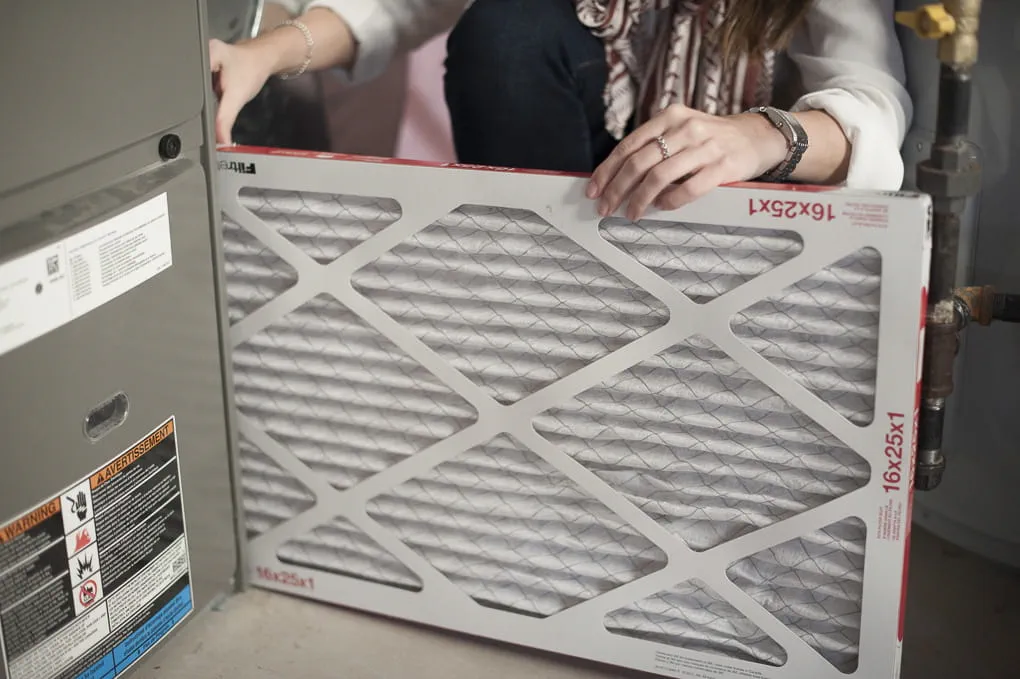For home heating, most people prefer natural gas because it keeps the temperature consistent in every room, it’s affordable, and it's one of the safest energy sources you can choose.
If your furnace is over 20 years old, you could be paying close to 32 percent more on your energy bill than you need to.*
Ways to save on heating
Upgrading and maintaining your heating equipment is the first step to save on heating costs, but there are more ways to save. Visit our tips to save section to keep your house warm all winter – without changing or impacting your comfort.
Tips for buying a gas furnace
Natural gas furnaces are economical, reliable and safe. In some cases, replacing your furnace may be more cost-effective than repairing it. You may qualify for incentives through one of our energy conservation programs.
Buying tips
- Choose a high-efficiency model: The more efficient your furnace is, the lower your heating bill. Before you purchase a furnace, find out your furnace's current Annual Fuel Utilization Efficiency (AFUE) rating.
- Check your furnace’s AFUE rating: AFUE ratings will tell you how much energy your furnace converts to heat. AFUEs for gas furnaces range from 57 to 96 percent. The higher the AFUE rating, the more efficient the furnace.
- Get three estimates: Each contractor should review your home size and construction and offer a variety of models in different price and efficiency ranges that meet your needs. The written estimate should include details on equipment, efficiency, and warranty as well as removal of the old equipment. The contractor should also inform you of any incentives available and ask the contractor for references, maintenance, and emergency coverage.
- Installation: After installation, your contractor should review safety and maintenance information along with the owner's manual that comes with your new furnace.

Safety tips for heating your home
Natural gas is one of the safest ways to heat your home. Visit our appliance safety tips page for tips to keep your home safe and warm using a natural gas furnace, boiler or fireplace.
Need help?
Enbridge Gas does not sell or repair furnaces, boilers or fireplaces. If you find your home suddenly without heat, you may be able to solve the problem yourself. If you cannot find the source of the problem, consult a registered heating, ventilation and air conditioning (HVAC) contractor to learn more about installing or maintaining a natural gas furnace.
Before you call a contractor
- Ensure your furnace is on and turn your thermostat up a few degrees to see if your heating system activates.
- Make sure the vents in your home are clear and remove anything that may block them. Check appliance vents outside as well.
- Check your main electrical panel. If you have fuses, you may need to replace one. If you have a breaker, try resetting it.
- Clean or replace your furnace filter if it's dirty. Always turn off the power switch before opening your furnace. Close the furnace access panel before switching it back on. Watch a video tutorial.
- If your furnace has a pilot light, make sure it's lit. If your pilot light is out, follow the instructions on the furnace, or in the manufacturer's booklet.
Rush service
- When the cold weather arrives, and you have no heat, a “Rush” request for service can be ordered by a registered HVAC contractor. You will be considered eligible for rush service under the following conditions:
- The home is occupied; and
- There is no heat being generated other than by portable heaters (e.g. electric); or
- The existing heating system/equipment is condemned with a valid warning tag or cannot be repaired.









